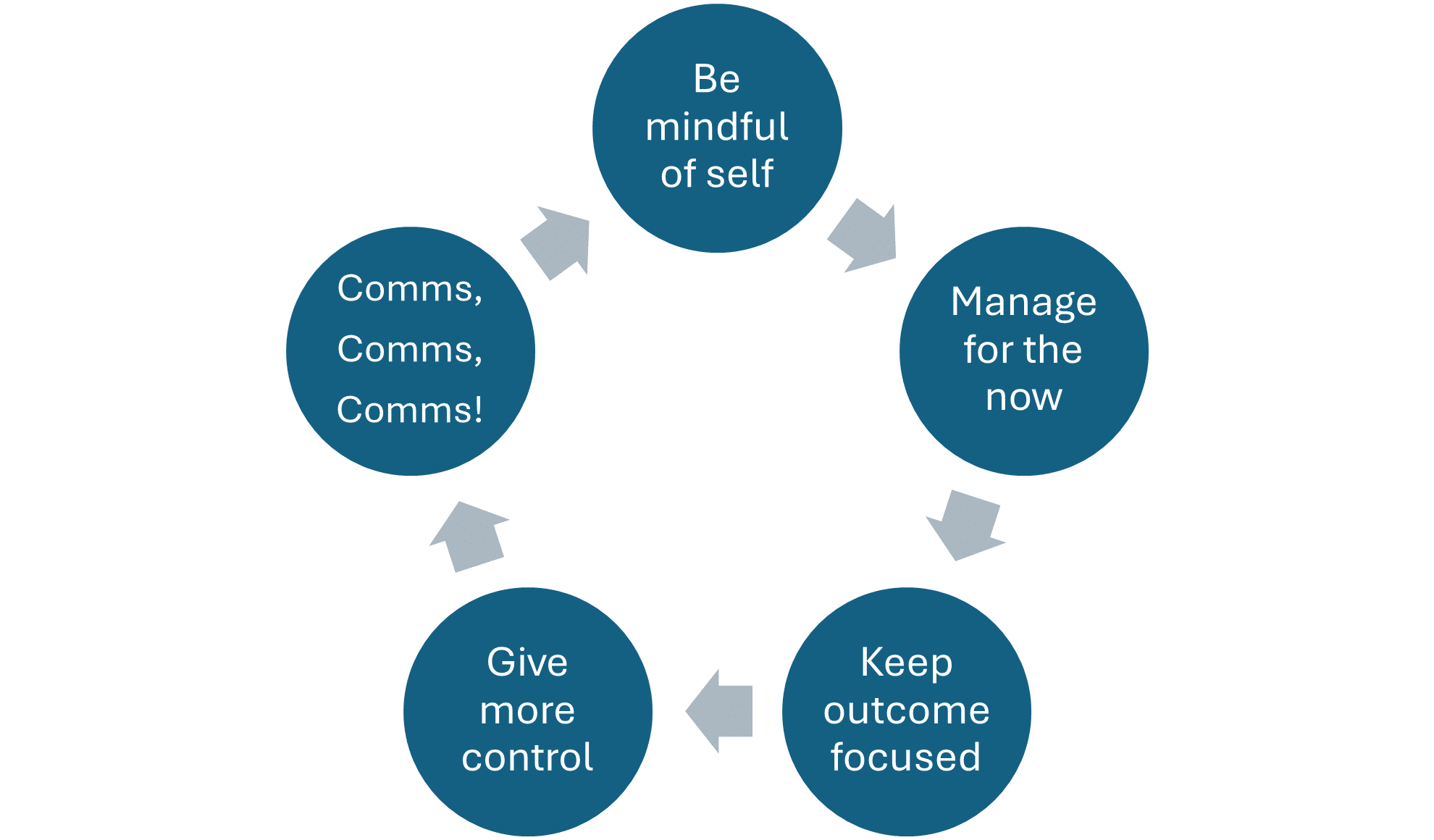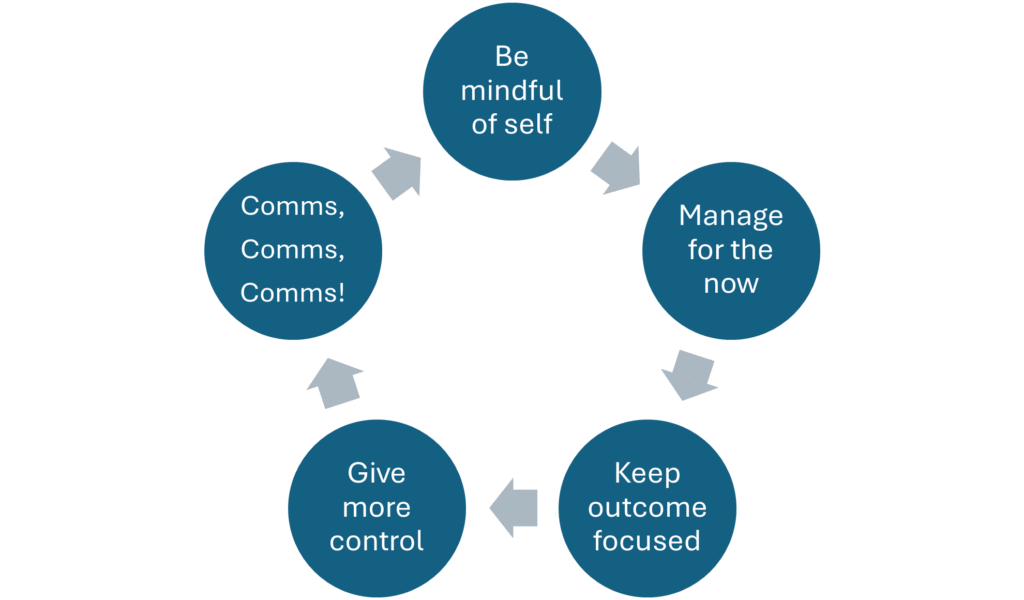Will you be ready when the tide turns?
Most people we talk to these days say that business is sluggish and the financial times are difficult to negotiate. We can also see this from the economic commentary in the press. Projects are being delayed, spending is down, and belts are tight.
The natural inclination during periods like this is to hunker down, retain the status quo and just keep things ticking over – BUT …. could you also be using this time better to prepare for when the tide turns?
The economy moves through cycles, light will appear at the end of the dark tunnel and things will pick up. When this happens, will your team be prepared and well equipped to take advantage of the opportunities that will inevitably be there? Will your team be motivated? Will they know what’s important? Will they still be with you? Will you be able to hire the talent you need?
Using this time wisely will set you up for future success!
Now is a great time to get pro-active with your HR.
Being in a re-active space with your HR means waiting for problems to arise before you take action. This eventually causes more pain, wastes your valuable time when you can least afford it, causes low productivity, ushers in poor morale and is quite often very costly. Moving yourself into a pro-active space will help you retain good staff, keep your team motivated and happy, and performing to a high level.
In short, it is about being professional and forward looking to set you and your organisation up for a successful future.
What to do?
1. Ensure your business is correctly structured – Is the organisation structure solid and well set up? Are the right people in the right jobs? Does this line up with your future business projections?
2. Create an HR Plan – HR is like any other business function. If you aren’t moving forward, you are going backwards. Taking the time to analyse the performance of your HR function and make improvements in the right areas will help to retain your best people and ensure that when you are ready to grow, your business will be attractive to top candidates.
3. Take the time to ask your team what they need from you – You know what you need from your team but are you crystal clear about what they want from you as an employer? Now is a good time to have those conversations, do some listening, and make positive changes to motivate and engage your team.
4. Make sure you have your basics right – We often write policies and processes, put them in a drawer and only pull them out when there is a problem. But if they aren’t up to date –more often than not they make the problem worse! Having accurate, up to date, legally compliant and well communicated employment documentation sets a strong platform for top performance from everyone in your business.
5. Focus on team development – When you and your team are busy and struggling to keep going, development often slips right down the priority list. Take the time to think about how you can enhance your team’s knowledge and skill set and take action now to develop and grow identified people. If your sales team had better relationship building skills, would it help grow your business? If your management team improved their leadership skills, would you see better results? There are some very cost-effective ways to ensure team development.
6. Ensure your team have their priorities right – When you’re busy, you do what’s right in front of you and whatever task is most urgent. But are these the most important actions that will drive results? Having these discussions with your team will make sure they clearly understand the right priorities and make the right decisions on what to work on.
Positive People can help you create a pro-active HR Plan which best fits your business and sets up for where you want to go.
Contact us on 09-445 1077 to find out more.















